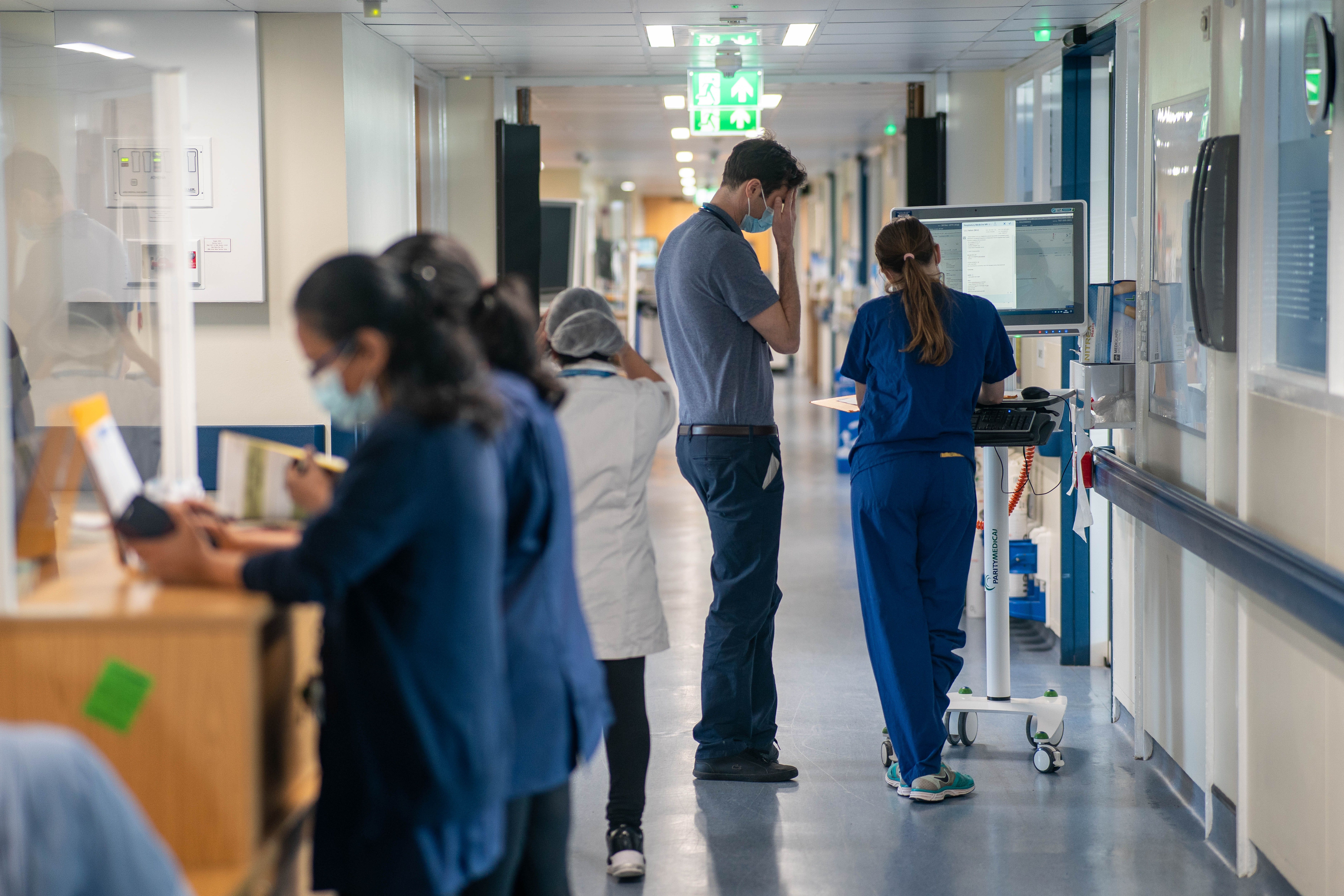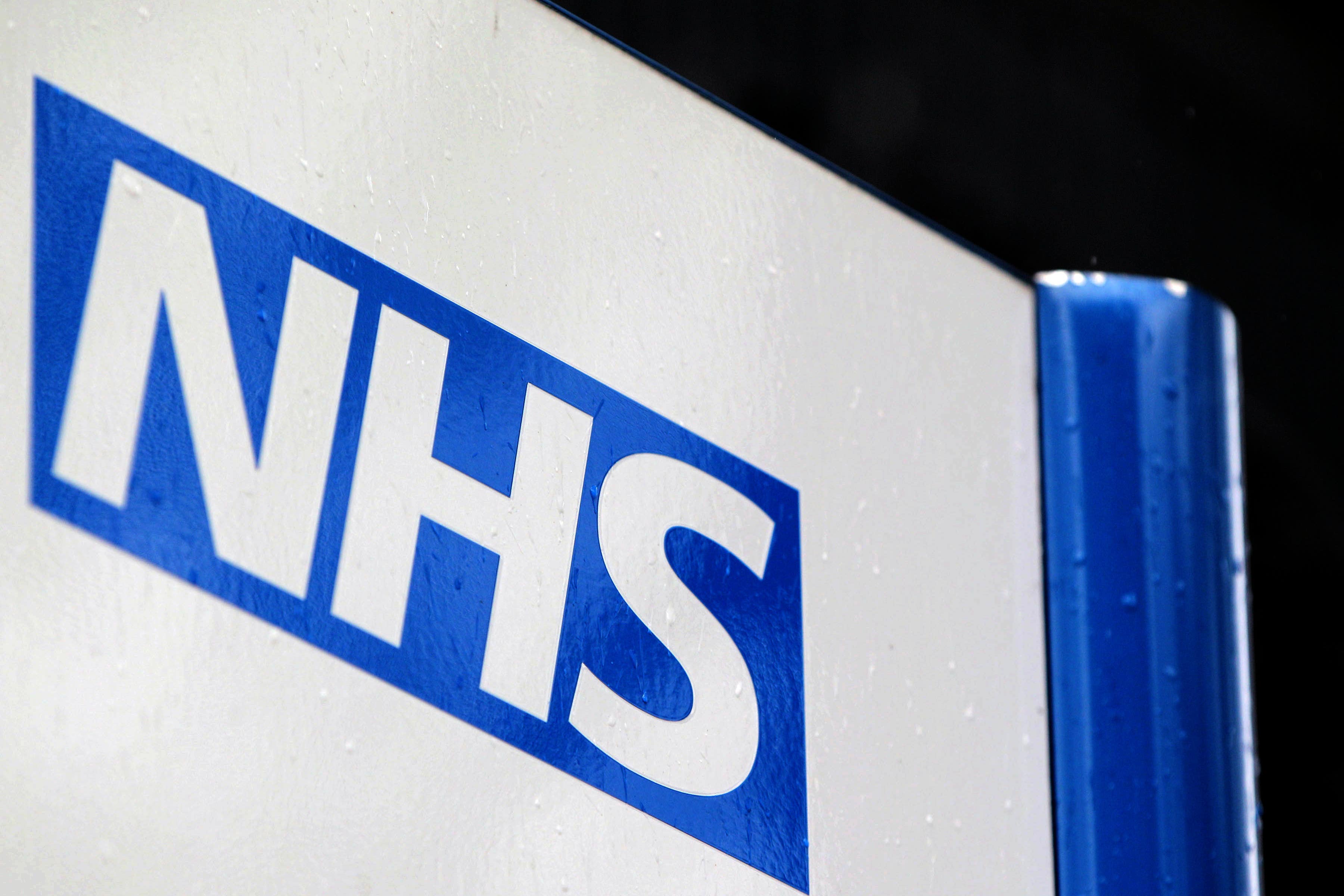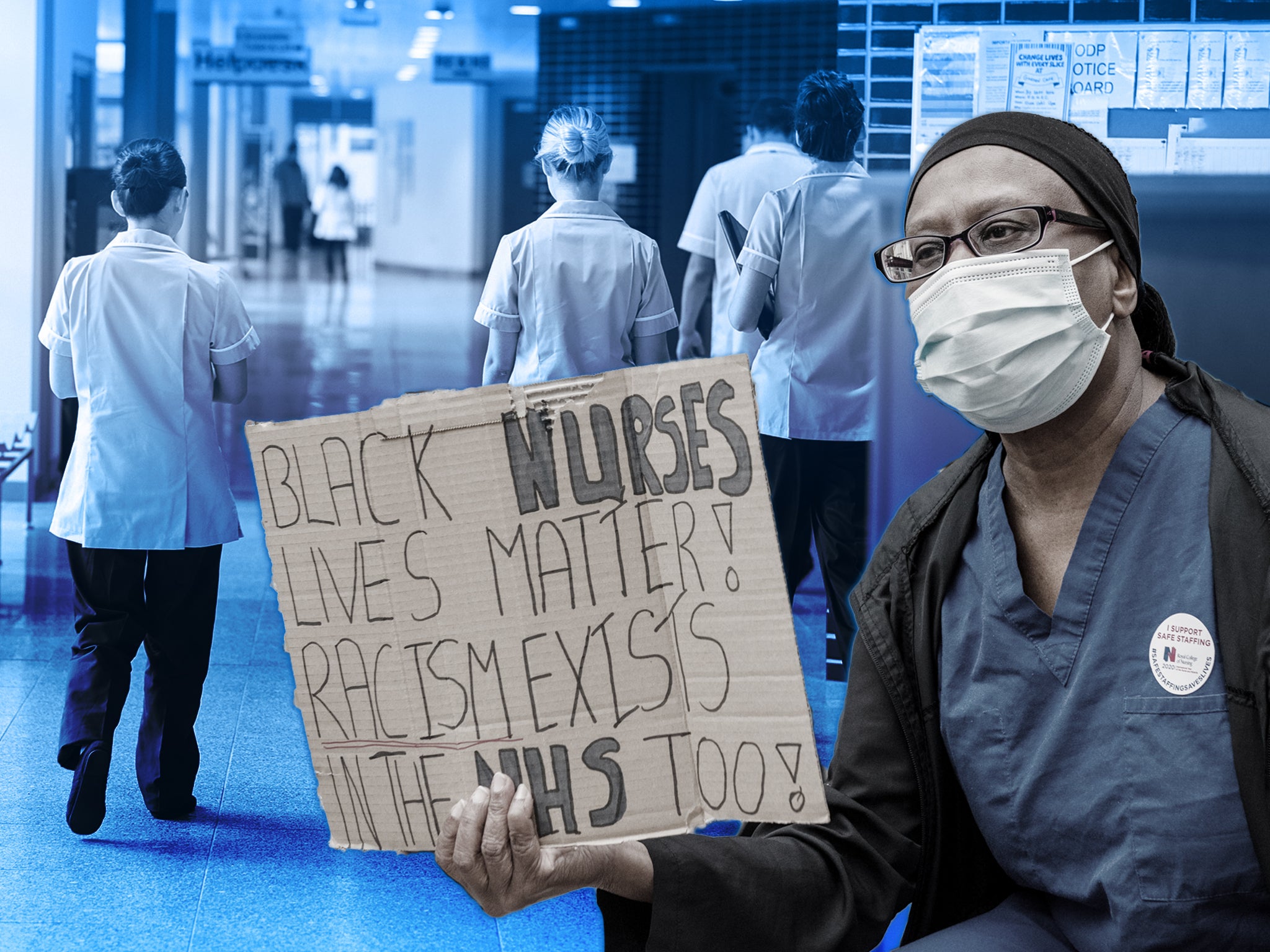Black staff ‘less likely’ to view NHS as an inclusive place to work, study finds
Exclusive: The research comes afterThe Independent revealed a third of Black and ethnic minority staff in the NHS have suffered racism in the workplace
Your support helps us to tell the story
From reproductive rights to climate change to Big Tech, The Independent is on the ground when the story is developing. Whether it's investigating the financials of Elon Musk's pro-Trump PAC or producing our latest documentary, 'The A Word', which shines a light on the American women fighting for reproductive rights, we know how important it is to parse out the facts from the messaging.
At such a critical moment in US history, we need reporters on the ground. Your donation allows us to keep sending journalists to speak to both sides of the story.
The Independent is trusted by Americans across the entire political spectrum. And unlike many other quality news outlets, we choose not to lock Americans out of our reporting and analysis with paywalls. We believe quality journalism should be available to everyone, paid for by those who can afford it.
Your support makes all the difference.Black NHS staff say they are treated worse than their white or Asian counterparts at work, a new study has found.
In research seen exclusively by The Independent, just 40 per cent of Black health service employees rated their workplace as ‘very’ or ‘highly’ fair, compared to 61 per cent and 72 per cent of their Asian and white counterparts.
The study, which asked more than 1,500 Black, Asian and white staff about inclusion in the workplace, called for greater diversity training among NHS staff.

Jon Czul, the Head of Consultancy and Research at the not-for-profit group Skills for Health, said the health service deserved to be celebrated for its diversity but that progress was still needed to improve fairness among the workforce.
He said while the NHS was getting “some things right”, it required an “expansion of skills training and shared learning to improve equality, diversity and inclusion”.
The study comes afterThe Independent revealed a third of Black and ethnic minority health staff have suffered racism or bullying as the NHS fails to address systemic levels of discrimination.

Despite its own policy on discrimination, the NHS has repeatedly come under fire over alleged institutional racism with a slew of employment tribunal cases being brought against trusts in recent months.
Official figures show that its workforce is the most diverse it has ever been with Black and minority ethnic staff making up almost a quarter overall – with 24.2 per cent or 383,706 staff, an increase of 27,500 since 2021.
One NHS worker who did not wish to be named said “the promotion system in our workplace sometimes feels not inclusive. I am from an ethnic minority background and many of us feel the same, but the hiring system - the interview part - we feel is not objective.”
Meanwhile, some 52 per cent of Black respondents rated their workplace positively compared to 55 per cent of Asian and 64 per cent of white NHS staff when asked about psychological safety, which describes the belief that a person won’t be punished or humiliated by senior staff.
Only 39 per cent of Black respondents agreed that no one in their organisation would deliberately act in a way that undermines their efforts, compared to 54 per cent and 53 per cent of Asian and white colleagues.
Black workers were also four times more likely than white colleagues to report skills needs in equality, diversity and inclusion.

Last year, the outgoing president of the Royal College of Psychiatrists warned that racism is a “stain” on the NHS and the health service has a moral, ethical and legal duty to do more to stamp it out.
The NHS Race and Health Observatory – formed in 2020 to examine disparities in health and social care based on race – has previously said better anti-racism policies could boost the NHS workforce.
Responding to the study, Professor Habib Naqvi MBE, Chief Executive at the observatory, said: “An independent review is also needed to better understand the ethnicity pay and progression gap across the NHS. The Observatory is ready to support the NHS with information, advice and evidence-based action to address workforce inequalities.”
An NHS spokesperson said: “The findings of this report highlights why staff experience is a priority for the NHS and we are working to ensure that staff across the health service can work in a safe environment where they feel they belong.”

Join our commenting forum
Join thought-provoking conversations, follow other Independent readers and see their replies
Comments